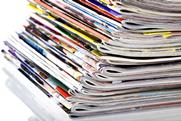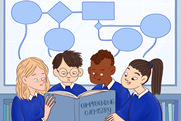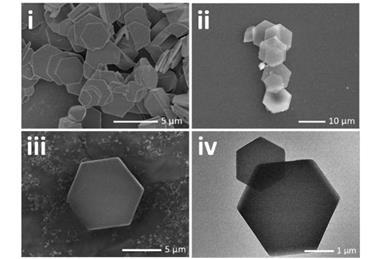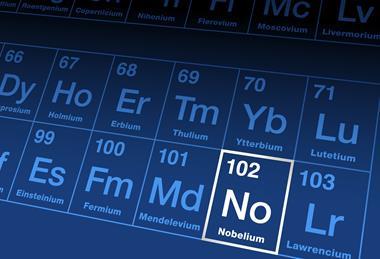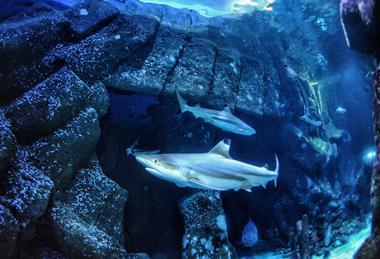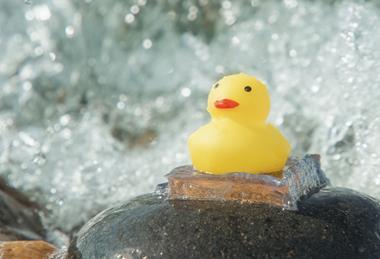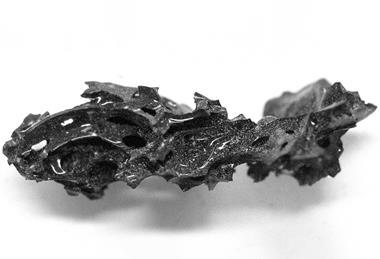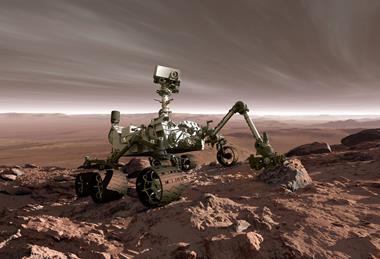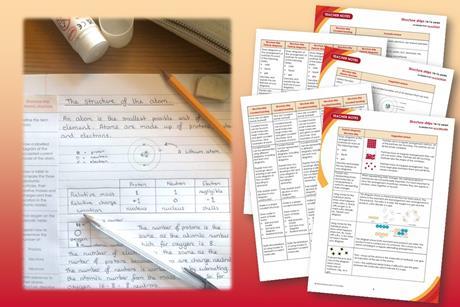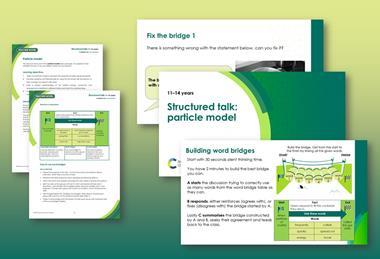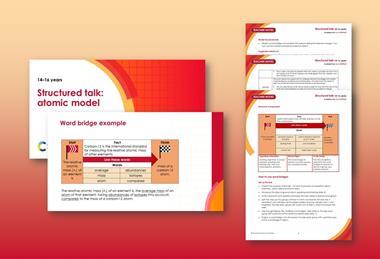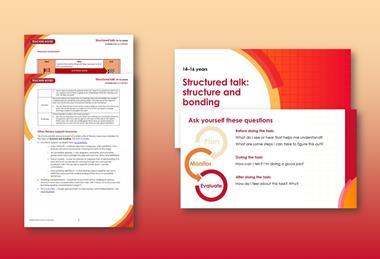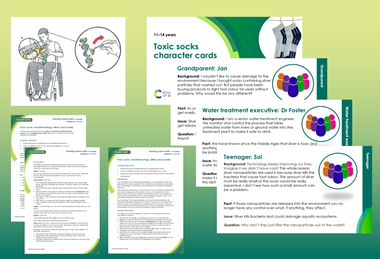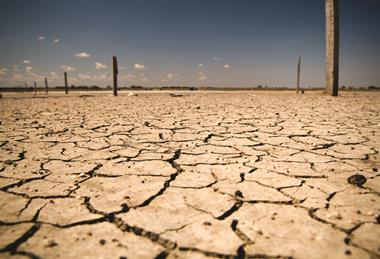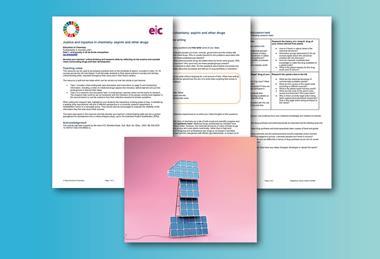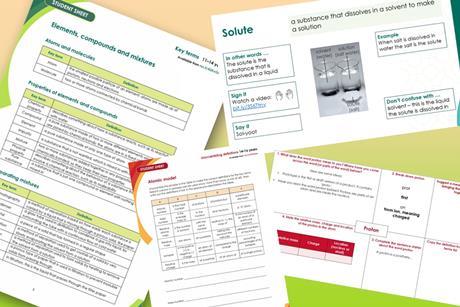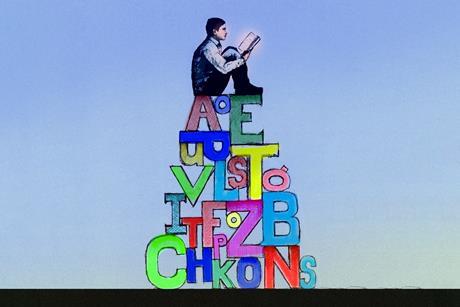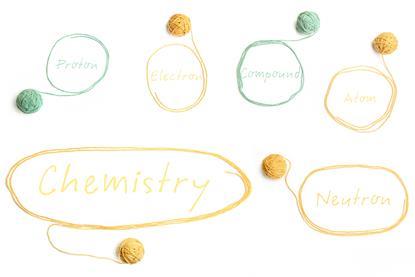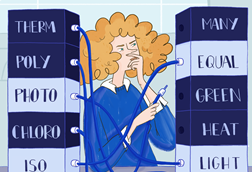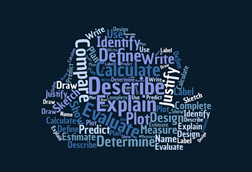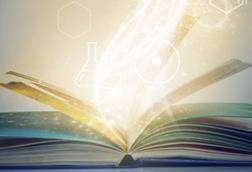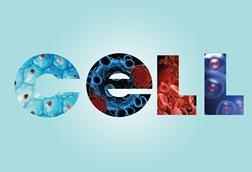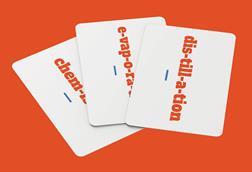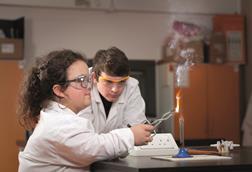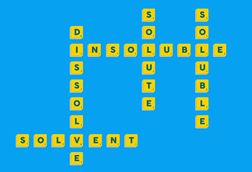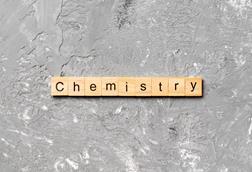- Home
- I am a …
- Resources
- Collections
- Remote teaching support
- Starters for ten
- Screen experiments
- Assessment for learning
- Microscale chemistry
- Faces of chemistry
- Classic chemistry experiments
- Nuffield practical collection
- Anecdotes for chemistry teachers
- Literacy in science teaching
- More …
- Climate change and sustainability
- Alchemy
- On this day in chemistry
- Global experiments
- PhET interactive simulations
- Chemistry vignettes
- Context and problem based learning
- Journal of the month
- Chemistry and art
- Classic chemistry demonstrations
- In search of solutions
- In search of more solutions
- Creative problem-solving in chemistry
- Solar spark
- Chemistry for non-specialists
- Health and safety in higher education
- Analytical chemistry introductions
- Exhibition chemistry
- Introductory maths for higher education
- Commercial skills for chemists
- Kitchen chemistry
- Journals how to guides
- Chemistry in health
- Chemistry in sport
- Chemistry in your cupboard
- Chocolate chemistry
- Adnoddau addysgu cemeg Cymraeg
- The chemistry of fireworks
- Festive chemistry
- Collections
- Education in Chemistry
- Teach Chemistry
- Events
- Teacher PD
- Enrichment
- Our work
- More navigation items
Literacy in science teaching
Embed literacy into your curriculum and develop learners’ skills in reading, writing and talking about science and their understanding of scientific language with these resources and ideas
Latest literacy resources
Organic compounds and reactions | Reading comprehension | 14–16
Practise reading comprehension skills with a science research article about using bacteria to convert waste plastic into vanillin
Crude oil | Reading comprehension | 14–16
Practise reading comprehension skills with a science research article about turning waste into fuel
Crude oil | Key terms support | 14–16
Language support pack for the introductory organic chemistry topic crude oil, including fractional distillation, properties of hydrocarbons, cracking and addition polymers
On this page
Reading
Reading scientific texts is a skill that needs to be taught and practised. Reading textbooks, articles, exam questions or even personal study notes requires a very different approach to reading a novel. Find tips and activities to develop scientific reading skills in these articles and resources.
Read up on reading
Why and how we should teach literacy in science lessons
Scientific literacy is a key skill for all learners and it should feature in all our teaching, says Ben Rogers
Science research news - extracts for your class
- Previous
- Next
Writing
Science communication can take many forms and writing helps students reflect on their understanding and formulate their ideas. Give your students opportunities to write for a variety of different audiences and purposes.
Writing
Writing
Learning to write in chemistry
Michael Seery highlights the importance of carefully-designed writing activities in enabling students to build their scientific writing skills
Read storyCommunicating through writing
Build better conceptual understanding
How you can model constructing complex sentences to improve learners’ mental models
A sweet solution to extended questions
Motivate learners to structure their answers for full marks
Improve your students’ literacy in science skills
Use these tips to help your pupils write and talk like a scientist
Understanding comes with writing
How writing builds learning
Building better science communicators
Kristy Turner explains why science teachers should help develop student literacy
More writing activities
Justice and injustice in chemistry: aspirin and other drugs | 16–18 years
Critical thinking and research task, reflecting on the science and societal views surrounding drugs and their development
Plant-based plastics | 11–14 years
Put chemistry into context and encourage your 11–14 students to use their critical thinking skills with these classroom activities
Why do sediments form layers? | 11-14 years
Explore the layered formation of sedimentary rocks using this lesson plan and set of downloadable activities for 11–14 year olds.
How do car exhaust gases impact the environment? | 16-18 years
Explore the origin and environmental impact of pollutants in car exhaust emissions using peer-assessed writing in this lesson plan for 16–18 year olds.
Oracy
Talk matters: speaking and listening skills are incredibly valuable in their own right, but talk also has a big impact on other aspects of learning. High quality talk is well-structured and guided by teachers.
Resources to support structured talk
- Previous
- Next
Read more about oracy
- Previous
- Next
The language of chemistry
Alongside the fundamental ideas of chemistry, learners have to decipher new key words, definitions and command words. Help your students develop the scientific vocabulary they need for success with these resources and pedagogical approaches.
Closing the word gap
How focusing on literacy improves chemistry understanding
More on scientific vocabulary
- Previous
- Next












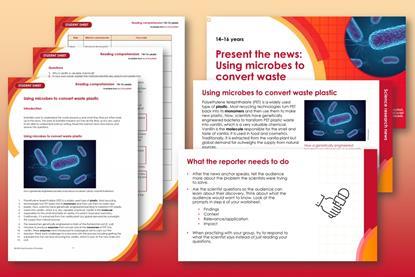
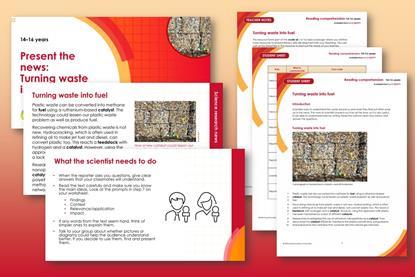
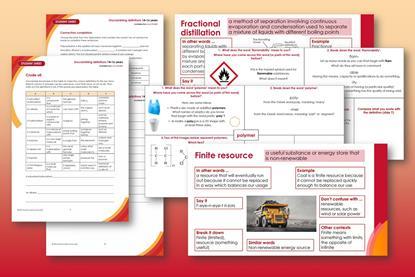
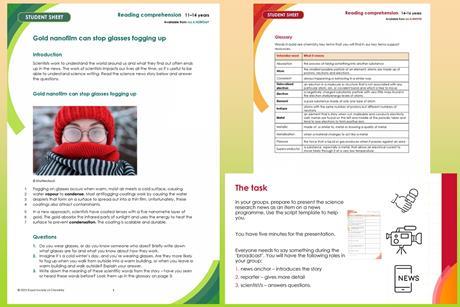
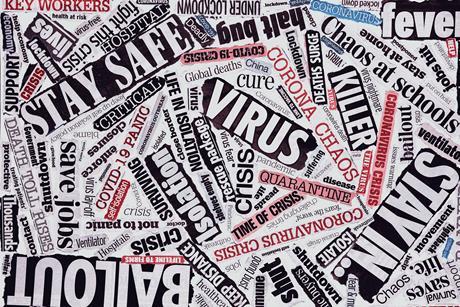
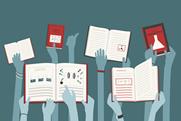
![Shutterstock 130330691 300tb[1]](https://d1ymz67w5raq8g.cloudfront.net/Pictures/181x121/6/3/0/113630_shutterstock_130330691_300tb1.jpg)
